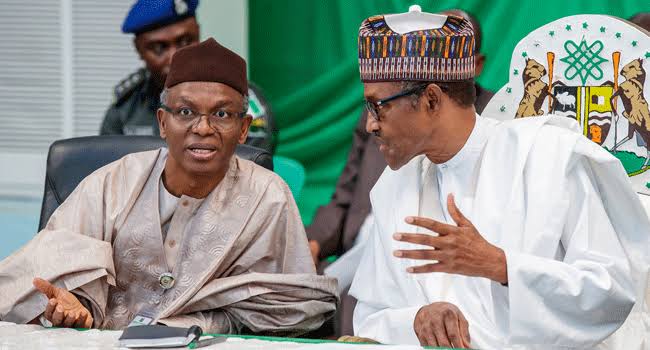ARTICLE AD
The Arewa Consultative Forum has submitted a comprehensive report to the National Assembly, outlining its views and recommendations on the Executive Tax Reform Bills.
The report, compiled by a special-purpose committee of experts, aims to provide guidance on the proposed overhaul of Nigeria’s tax laws.
The PUNCH reports that after weeks of uncertainty, the Senate will today (Monday) commence a public hearing on the tax reform bills.
On Tuesday, the House of Representatives will open its doors for stakeholders’ input on the controversial bills, which sparked intense debate during plenary two weeks ago before their eventual passage for a second reading.
The Chairman of the Senate Committee on Finance, Senator Sani Musa, confirmed the Senate’s readiness to commence the exercise, stating, “We have all agreed that we are starting the public hearing on February 24 and 25.”
However, in a statement issued by the ACF’s National Publicity Secretary, Prof. Tukur Muhammad-Baba, and released to journalists in Kaduna on Monday, the forum announced that the report of its special committee of experts had been forwarded to the National Assembly.
“The proposed tax reforms have far-reaching implications for all sections of the country, not just the North. Therefore, we have taken a meticulous approach to studying the bills and providing recommendations that will benefit the nation as a whole,” Muhammad-Baba said.
The ACF report highlights several key areas of concern, including the proposed increase in the Value Added Tax rate. It recommends retaining the current 7.5 per cent VAT rate, citing the economic challenges facing citizens and businesses.
“We recognise that the government needs to increase revenue, but we also believe that the current VAT rate already places a significant burden on citizens and businesses.
“Increasing the rate further could have unintended consequences, such as reducing consumer spending and harming economic growth,” the ACF’s spokesman said.
He added that the report also suggests improving VAT collection efficiency, formalising the informal sector, and utilising digital technologies to expand Nigeria’s tax base.
According to the ACF, these measures could significantly increase revenue without placing an undue burden on citizens and businesses.
Additionally, another key concern highlighted in the report is the definition of “derivation” and its distribution.
The ACF recommends clearly defining the term and ensuring that its distribution is based on a consensus reached through consultations with states and local governments.
“The concept of derivation is critical to ensuring that states and local governments receive their fair share of revenue.
“However, the current definition is ambiguous, and we believe it needs to be clarified to avoid disputes and ensure transparency,” Muhammad-Baba stated.
Furthermore, the report recommends significantly reducing the powers attributed to the Chief Executive Officer and Chairman of the Board of Directors/Governance of the Joint Revenue Board.
According to the ACF, the proposed provisions centralise excessive supervisory and accountability powers in a single individual.
“We believe this is not in the nation’s best interest, and we recommend that the powers of the Joint Revenue Board be reduced to prevent abuse and ensure accountability,” Muhammad-Baba said.
The ACF report also recommends amending Section 69 of the proposed Nigeria Tax Bill to retain TETFUND and NITD.
According to the report, these organisations play critical roles in promoting education and technological development in Nigeria, and their retention is essential for the nation’s continued progress.
Finally, the report suggests allowing records of accounts and tax returns to be prepared in local languages, in addition to English.
According to the ACF, this will simplify compliance with tax laws and reduce the burden on taxpayers.
Meanwhile, the ACF has distributed its report to various stakeholders, including the Forum of Northern State Governors, traditional rulers, and relevant government agencies.
The organisation urged all concerned stakeholders to engage with the National Assembly and contribute to the emergence of robust laws that will stand the test of time.
“We believe our report provides valuable insights and recommendations that will benefit the nation. We encourage all stakeholders to study the report carefully and provide feedback to the National Assembly. Together, we can create a tax system that is fair, efficient, and promotes economic growth and development,” Muhammad-Baba concluded.

 3 hours ago
6
3 hours ago
6 

